The Saturday Read: #62
Inside: Kafka, the Pope, Trump, Taiwan, No 10, D-Day, the Booker, and a snap election.
Good morning. Welcome to the Saturday Read, the New Statesman’s guide to politics, culture, books, and ideas. This is Harry, along with Jason, Pippa, George and Finn.
Rishi has headed to the polls. He must have a new job lined up for the start of September and fancy taking August off: how else to explain his desire for an early bath? He isn’t even campaigning today. In six weeks power in Britain is set to switch from right to left for the first time in 27 years. We have you covered on the news. Follow Morning Call, our daily political newsletter, for more on the campaign as it happens. And let us know what you think about the prospect of a Labour government.
Jason has signed off this week from Taiwan – don’t miss that at the end of today’s email – while I’ve taken a look at a more uncertain election, one of great concern to SR readers, midway through today’s picks. And with that, all the best for the bank holiday weekend.
1—“A moth-eaten note of irony is the last bit of currency in the imperial vault.”
It’s a line as tired as the hackneyed notion that journalism is only a trade: the British alone, we are told, get irony. Americans don’t. Jesse Armstrong, the creator of and showrunner behind Succession, pushes back on that and much else in this rumination on writing on America as a Brit. “If you’re searching for easy targets on the wide American plain, you might find it over-hunted.” HL
All this spying, this icy looking, what is it good for ? What does the guest see that the resident doesn’t? You notice the smell, which the resident is habituated to. You see the alarming cracks in the wall the resident has stopped noticing. But sometimes you also see the grandeur of a room where the resident can only see the cracks. The guest can get things wrong, slip up, misread the codes, but that lack of habituation, if handled right, with humility can – can – be a strength.
The hardest thing to get right in any work of art, and certainly in a TV show, the single most essential and ineffable thing you’re looking for is a tone. A good tone in a show helps so much else: from the big stuff (its perspective) to the practical stuff (the cast). Even on a technical level: where you should come in on a story, and where you should end. Comedy or tragedy are, after all, in some ways just a question of where you choose to leave your characters. At the altar or at the deathbed.
2—“Like any gold rush there will be mania, delusion, tragedy.”
Will Lloyd has some advice: if you have any link to Labour – no matter how tenuous – it’s time to cash in. PR firms and lobbying groups across the country are on a hiring spree, looking to excavate the expertise of anyone who can decode the motivations and machinations of the incoming Labour government. They are, after all, trickier to read than the Tories. FM
You have to feel for Britain’s captains of industry. Fourteen years of Conservative government, however mildewed and grotesque it has become, was not hard to understand. Tories are, on balance, probably more psychologically primitive than their Labour counterparts. Their desires are more straightforward. Their party does not have unions to deal with nor is it split into a complex system of executive committees with mysterious names. Hence the Labour gold rush.
3—“The fantasy of replacing women with ‘automata’ is as old as time.”
The international human rights lawyer Susie Alegre recognises that her impassioned warnings about the many ways AI could subvert our humanity may have her labelled a Luddite. But, as Marina Wheeler writes in her review of Human Rights, Robot Wrongs, the Luddites did not lose because they were misguided. PB
As people live longer, beyond their ability to care for themselves, huge sums are invested in developing robots to tend to the needs of the elderly and infirm. Lifting a person into a wheelchair can be a backbreaking task but this care provides a vital opportunity for chat, for reassurance, for skin-to-skin touch. When people are starved of human contact, does it undermine their dignity to fob them off with something less? Emphatically yes, says Alegre: removing the human aspects of care work dehumanises the carers and those they care for. Rather than replacing humans, we need machines that perform specific functional tasks better, such as lifting. To create a digital illusion of loving – or caring – will compound isolation, she warns.
4—“How a Czech-speaking Jew became a global literary icon remains unanswered.”
John Gray has examined a study of Franz Kafka’s posthumous life, a three-book biography, the full diaries, and seemingly everything the man ever wrote. The newly published diaries contain two key revelations: the first pertains to Kafka’s “polymorphous” sexuality, the second to his Jewishness. GM
Kafka had four significant relationships with women, casual affairs and regular sexual encounters in brothels throughout his life. He was also at times attracted erotically to males. During a stay at a nudist sanatorium, he writes of “two beautiful Swedish boys with long legs, which are so well formed and taut that one could really only run one’s tongue along them”. Explicit references to gay sex were tabooed at the time, but the complexities of sexual desire featured in the work of many writers, including Kafka’s near-contemporary, Proust. There was nothing peculiarly transgressive in any of this, nor is there any reason to suppose Kafka’s polymorphous impulses caused him any distress.
5—“Francis is a Pope for Guardian readers.”
This week I turned to Rome and the culture wars that are gripping the Holy See. Pope Francis has a reputation for warmth. The progressive Anglosphere likes his liberal agenda (liberal for the Vatican). But his ideological allies, behind the doors of St Peter’s, instead see an autocrat cynically eroding doctrine. Was the dream of liberal Catholicism always a ruse? FM
But the Pope is not immortal, and change is coming at the top in the Vatican. When white smoke next appears over the Holy See, one question will hang in the air: what will it mean for the fate of the so-called liberal Catholics? Ross Douthat – a long time observer of the papacy – recently suggested that the liberalising energy of Francis has all but dissipated. A conservative takeover is fomenting. Perhaps Francis and his allies will find that instead of rock, their revolution was built on sand.
6—“Our leisure time and attention is hoovered into the small black rectangle that we daren’t leave at home.”
This week’s “oft thought but ne’er so well expressed” prize must go to Ed Smith for this articulation of Phone Life’s insidious discontents. The “appification of life” might have been convenient at first, but now we’re trapped, and miserable for it. GM
Among dreaded phrases that signal a ruined morning ahead, “Scan the QR code here to download the app” is now right up there with “Rail replacement service”. In pursuit of our personal data, app developers have inveigled their way so deeply into modern life that we’ve forgotten how much better things were without them. We had pulled up outside the medieval Catalan village of Peratallada, just inland from the Costa Brava.
It was a dreamy spring morning: wildflower meadows in bloom; honeyed sandstone walls; children baying for ice-cream. But in order to park your car, of course, first you had to download the app. So instead of wandering ancient alleyways, I was marooned in a municipal car park squinting at drop-down menus trying to punch in my address, date of birth and credit card details. The cost in time and annoyance: high. The cost in money: one euro. If I hadn’t given up, that is, and spent the rest of the morning wondering if I’d been given a parking ticket.
The other election
In a recent poll, a plurality of you ranked Trump’s return as the biggest threat facing the West. I come bearing good and bad news. The bad news is that Trump currently leads in all six swing states: authoritatively in three of them – Georgia, Arizona and Nevada; in the sun belt – and narrowly in three others (the rust belt states of Pennsylvania, Michigan and Wisconsin, also known as the blue wall). The good news is that Biden can afford to lose the first three as long as he wins the second three. If he does so, and the 2020 result is otherwise unchanged, Biden will win the electoral college 270 to 268.
I think that is quite possible. If it happens, Trump’s defeat will have come down to the unusual way Nebraska, a Republican-voting state, apportions its electoral college votes. Unlike every other state except Maine, Nebraska does not allocate all of its votes to its state-wide winner. You can also win an electoral college vote by winning a district within the state. The district around Omaha, the state’s biggest city, voted for Biden in 2020, and should do so again in 2024. If Nebraska was a winner-take-all state, Trump would get all of its votes and he and Biden would tie in the scenario above, with both of them left on 269 electoral college votes.
At that point, the nominee whose party has the most state delegations in the House of Representatives wins the presidency. That is likely to be Trump. So Trump in this scenario – win the sun belt swing states, lose in the rust belt – will have been denied power by a quirk in Nebraska state law introduced in 1991. I’m not sure he or some of his supporters will respond well to that. HL
Did you know the chances of surviving a cardiac arrest decrease by up to 10% for every minute that passes without CPR? Sky Bet is teaming up with the British Heart Foundation to make a difference by encouraging 270,000 people to learn the lifesaving skill over the next year. Sky Bet is also pledging £3 million to support the charity’s vital work. Take time-out to learn CPR in just 15 mins at bhf.org.uk/revivr
7—“Is there something unique about the UK, and the way we deal with scandal?”
This week Brain Langstaff’s report from the Infected Blood Inquiry was published, detailing “the worst treatment disaster in the history of the NHS”. It is the latest, writes Hannah Barnes, in a litany of such scandals. It has a special power to horrify because it betrays our implicit trust in the NHS. PB
For those campaigning for decades for some kind of justice, this is a vindication of what they have been saying all along. Not justice perhaps, but the truth at last. Key documents went missing or were destroyed; doctors failed to tell patients that they had tested positive for either HIV or hepatitis C; children were used as “guinea pigs” without their or their parents’ consent, knowingly infected with dangerous blood products; doctors and politicians knew of the risks, but did not act accordingly.
8—“Renewal in office has been a challenge for all Labour governments.”
We’ve all spent a long time looking at the outer door of No 10 this week; Sir Anthony Seldon takes us inside. Specifically we learn about the No 10 Policy Unit: the PM’s personal squad of quality brains. It was at its best under Harold Wilson, Seldon claims, and has been bloated by Spads since. A slim and committed Policy Unit could be key to the next prime minister’s effectiveness. GM
Donoughue ensured no more than ten people ever worked in the unit and that churn was almost non-existent. Labour’s fourth prime minister, Jim Callaghan, had been foreign secretary since 1974 and had no direct experience of the unit: “Jim has asked me whether he should retain it. I told him he should keep both the Policy Unit and you,” Wilson confided in Donoughue. It soon proved its worth, giving Callaghan advice during the International Monetary Fund crisis in mid-1976 that minimised the damage from cuts – and won the grudging support of the Treasury.
9—“America First more likely means the Americas First.”
As Russia continues its invasion of Ukraine and China lays claim to Taiwan, Helen Thompson writes, the stakes in Eurasia are as high as ever. But such hyper-focus on the region means the Americas are too often overlooked in geopolitical analysis. Now, as China and the United States vie for influence in the Pacific and Americas, Europe can do very little but watch from afar. FM
Whether the US will remain as the dominant Pacific power is what is now in question in the Taiwan Strait and South China Sea… the US is now also trying to stop China’s free navigation into the West Pacific Ocean, while the revisionist powers of Eurasia – Russia, China and Iran – manoeuvre in the Western Hemisphere. Beijing now exercises enormous economic influence in the region. It is South America’s largest trading partner, and 22 Latin American and Caribbean states are members of its Belt and Road infrastructure initiative.
10—“What does it mean to ‘remember’ the dead whom we never met?”
David Reynolds reflects on the imminent 80th anniversary of D-Day. Remarkably, the British memorial on the Normandy beaches was only constructed in 2021. HL
One veteran of Omaha Beach said that every day he saw images of the morning of D-Day, but he had no recollections of the afternoon. Another, who fought all the way from France to the heart of Germany and then returned home to the Blue Ridge mountains of Virginia, was asked repeatedly, “Hey, Bob, what was the war like?” Unable to tell those he loved about the horrors he had seen, on most evenings after work he sought out fellow veterans in the local bars. The effects were predictable. Eventually his wife told him, “Bob, you have to choose between your war and your family.” He did, going “dormant” on the war for a quarter of a century. Only after his kids were grown up and he’d retired, did he join the divisional association, attend its reunions, and eventually retrace his steps from the beaches of Normandy to the River Elbe.
11—“The invisible hand of the free market turns out to be extraction capitalism.”
In this week’s Diary, Jeanette Winterson takes aim at zombie tourism in the Cotswolds, Brexit’s impact on the great British garden, and Clarkson’s farm. PB
A trip to the Hay Festival is purposeful, zesty for the local economy, and a chance to make new friends. Books, like gardens, are good for mental health. Life has an inside as well as an outside, and the inside of life is more than getting and spending. More than likes or product placement. When you read, or when you make a garden, or tend to your little window boxes and plants, what you are doing is not for gain, but gain is what you get.
12—“Reading it compels you to sprint out and spend a whole evening and night in conversation.”
I reviewed the International Booker shortlist. I loved three of them and praised all except one. You can guess which won on Tuesday night. GM
Hwang Sok-yong’s Mater 2-10, translated from Korean by Sora Kim-Russell and Youngjae Josephine Bae, might have been called “Four-Hundred-and-One Korean Nights”. Its Scheherazade is Yi Jino, who, as part of a labour dispute between workers and owners, is camping 45 metres in the air, on the catwalk of a factory chimney near Seoul. He uses some plastic bottles to pee in, but on others writes the names of friends and family. At night he takes a named bottle with him and steps out into the fog and the past.
George’s Best of the Rest
Independent: France and Belgium support ICC Israel-Gaza arrest warrant requests.
Guardian: Infected blood victims could get £2.5m in compensation.
Annie Lowrey: The worst best economy ever.
Paul Krugman: America is having a vibecession. But is it supply-shock or cyclical?
Katie Roiphe: A French reproach to big, baggy American memoirs.
Guy Standing: The real productivity crisis.
Christopher Gage: Wolf tickets.
British food beats Italian – at least in hospitals. Still counts!
MP defends going barefoot on train. Civil liberties just got a lot less cool.
Fire-breather beats mariachis in street-performance turf-war ruckus.
Question of the week
Jessica Lessin, the founder and editor-in-chief of The Information, has an important piece in the Atlantic on the deals being struck between OpenAI and news publishers. These deals are, she argues, de facto settlements without litigation. She also thinks they are deeply unwise. Are they?
Her piece reminds me of something I heard ten days ago, at Tina Brown’s annual Truth Tellers summit in London, held in honour of Sir Harry Evans, her late husband. Emma Tucker, editor of the Wall Street Journal, described the shift that’s coming from the move to AI as “bigger than the original shift from print to digital”.
Kara Swisher, who has covered tech for 30 years, also counselled against the deals we are now seeing: “The tech companies have been rapacious information thieves since the beginning.” AI, she said, is a cookbook, “and you are the meal”.
Art corner: Forgotten women artists at Tate Britain
Here’s one for the fans. Tate Britain was already flying after getting Mark Rothko’s Seagram Murals back from Paris last week. This new exhibition makes a weekend trip even more rewarding. GM
The Tate has a shaky recent record when it comes to letting artists and artworks speak for themselves, often preferring to hector the viewer on issues of gender, race and class. Here though the curators, with diligent scholarship, have simply disinterred an intriguing array of talented female artists. There are no claims that they created masterpieces – the quality throughout is variable – nor that this is specifically “female art”, rather that these women are deserving of a better hand than the one history dealt them.
I watched the social media lowlights (there were no highlights) of Rishi Sunak’s pitiful, rain-drenched address to the nation on Wednesday from my hotel room in Taiwan, where I have been this past week. I arrived in Taipei City ahead of President William Lai’s inauguration, another smooth transition of power in the self-governing democracy that is uniquely threated by President Xi Jinping’s superpower of 1.4 billion people. Only 11 minor states (plus the Holy See) have formal diplomatic relations with Taiwan, and their heads of state and other dignitaries were introduced at the inauguration on 20 May as if they were great, returning world leaders. The king of Eswatini (formerly Swaziland) brought an entourage of nearly 100 with him.
President Lai of the Democratic Progressive Party (DPP) has called for de facto “independence” for Taiwan but says now he is committed to the “status quo” – by which he means the strategic and diplomatic ambiguity that has prevailed ever since Chiang Kai-shek and the Chinese Nationalist Party (the Kuomintang, or KMT) lost the civil war on the mainland and relocated to Taiwan in 1949, taking many of the greatest treasures from the Forbidden City with them (they are now part of the permanent collection of the National Palace Museum in Taipei).
The KMT dreamed of reclaiming the mainland and uniting the Republic of China (ROC) but never returned. Taiwan evolved from an authoritarian regime under martial law to today’s thriving open society of 23 million people. Like the People’s Republic of China (PRC), the KMT, the chief opposition to the DPP and narrowly the largest party in the 113-seat legislature, believes in One China, but not yet and never under communism.
The Economist, in a provocative cover story last year, called Taiwan “the most dangerous place on Earth”. But it doesn’t feel like that when you are there, although on 23 May China resumed military drills in the Taiwan Strait and, for the first time, simulated a full-scale attack as “strong punishment” for “secessionist acts”. The drills continue alongside ongoing “grey zone” activities: cognitive warfare, cyberattacks, disinformation. “My mother says: ‘One day it [war] might happen, but we can’t give up our lives in the meantime,” said Catherine Hu, a diplomat, capturing the spirit of cheerful resilience among the people.
Life on the island is fragile for more than geopolitical reasons, however: two thirds of Taiwan is covered by mountains, and it endures earthquakes and typhoons.
Can the status quo hold? Would the United States fight for Taiwan if the People’s Liberation Army invaded? And is Xi Jinping, who demands peaceful unification, prepared for a war with the West over Taiwan?
The self-governing island democracy dominates global semiconductor production and its companies – notably the Taiwan Semiconductor Manufacturing Company (TSMC) – produce over 60 per cent of the world’s semiconductors and over 90 per cent of the most advanced chips (Apple is TSMC’s biggest customer). TSMC’s chief international rival is Samsung. China, the world’s largest consumer of semiconductors, makes its own chips but its technologies are, I was told, at least ten years behind those of TSMC, which now manufactures the three-nanometre chip, the most advanced.
The semiconductor industry constitutes around 14 per cent of Taiwan’s total GDP and 40 per cent of its exports, according to a recent report by the British-Taiwanese All-Party Parliamentary Group – and it acts as a kind of defensive shield, or “sacred mountain”, protecting the island from hostile powers. The economic effects of a war in Taiwan and the consequent disruption to supply chains would be globally devastating. “We don’t want war, but we have the willingness to fight and the determination to fight,” said Tien Chung-kwang, the deputy foreign minister.
I asked him about the lessons of Hong Kong. “They screwed up,” he said of Beijing. “How can you ever trust China’s promise after what has happened in Hong Kong? One country, two systems – that’s not going to work for Taiwan.”
If today’s pieces intrigued, you can subscribe to the New Statesman below. Stay up to date with everything from news and analysis to comment, criticism and essays.
Whether you’re looking for a sharp blog or a finely written feature, the New Statesman has you covered. Have a good week, and catch you next Saturday.


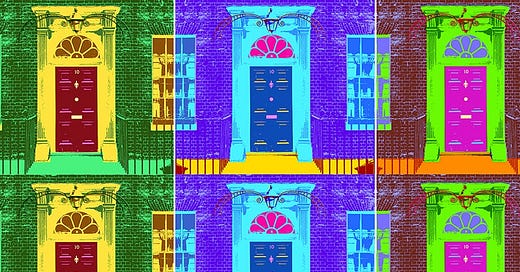







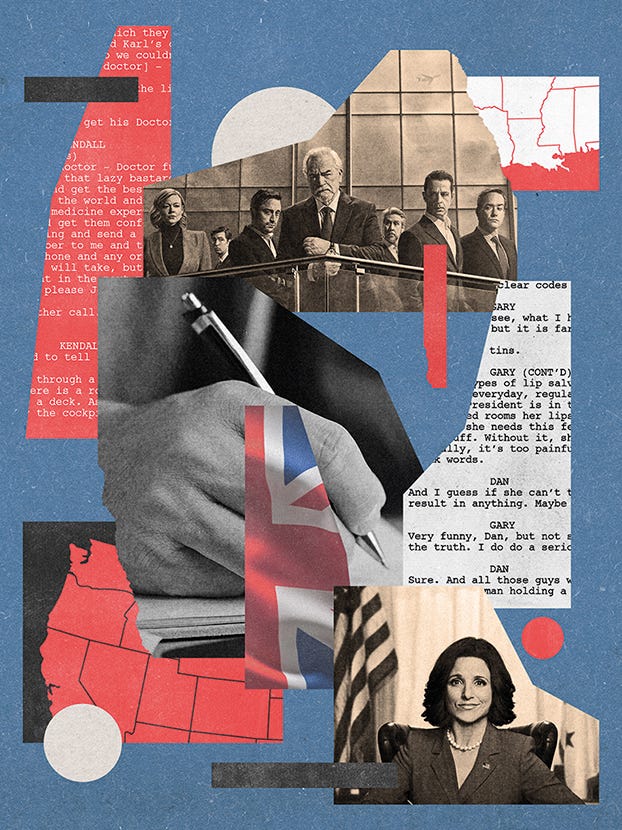
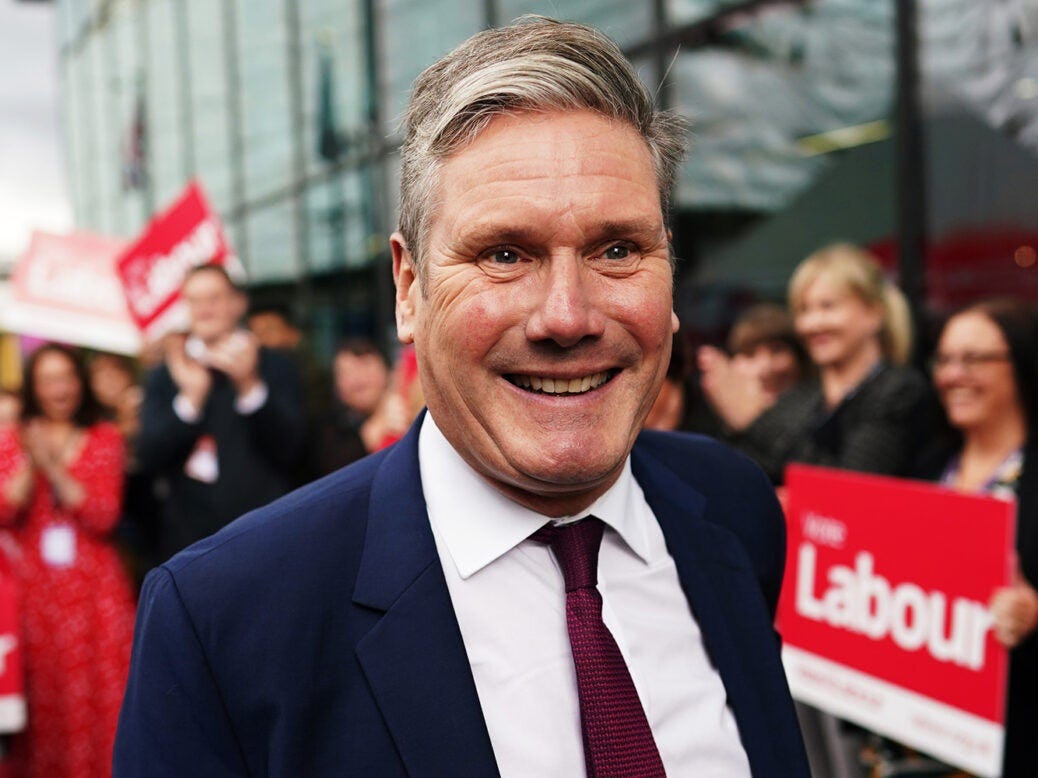
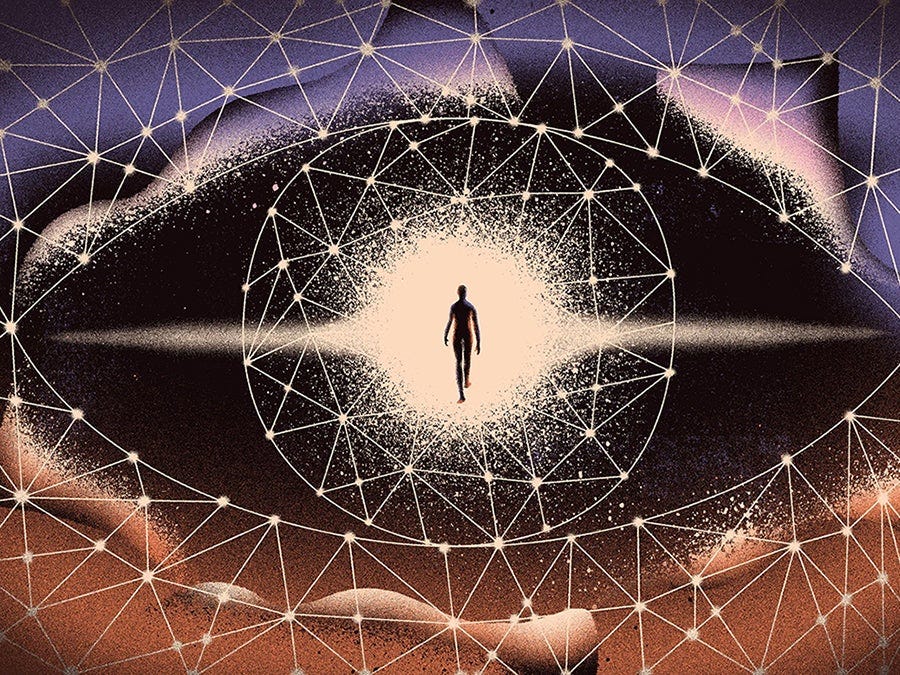
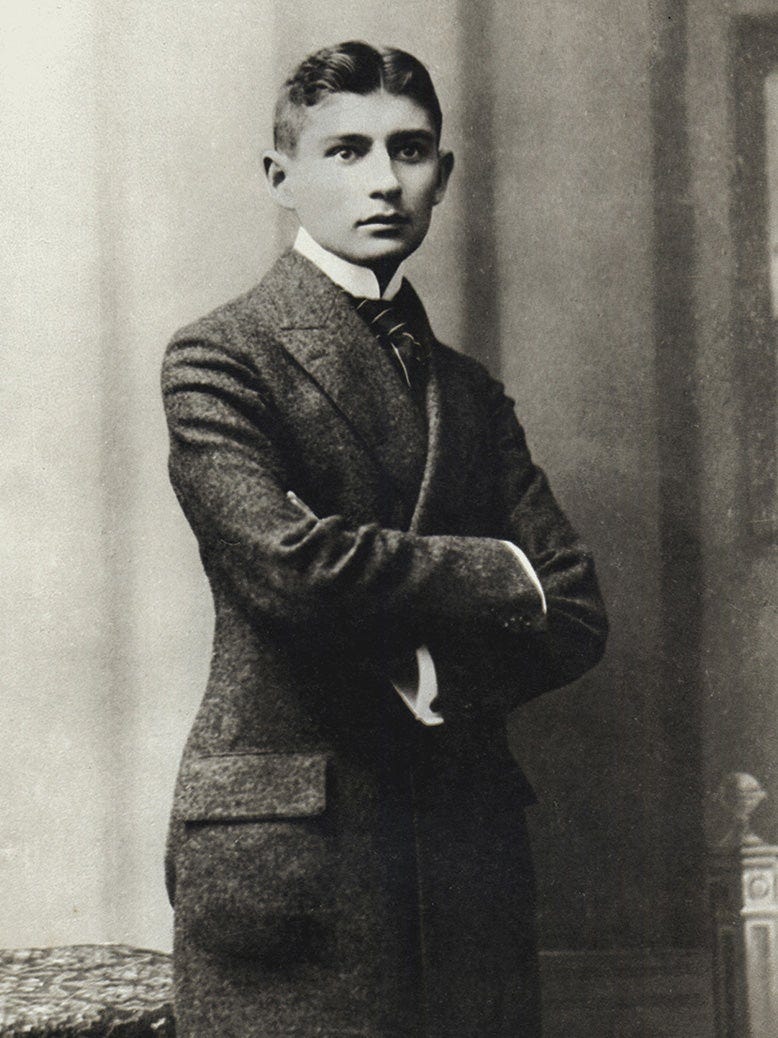
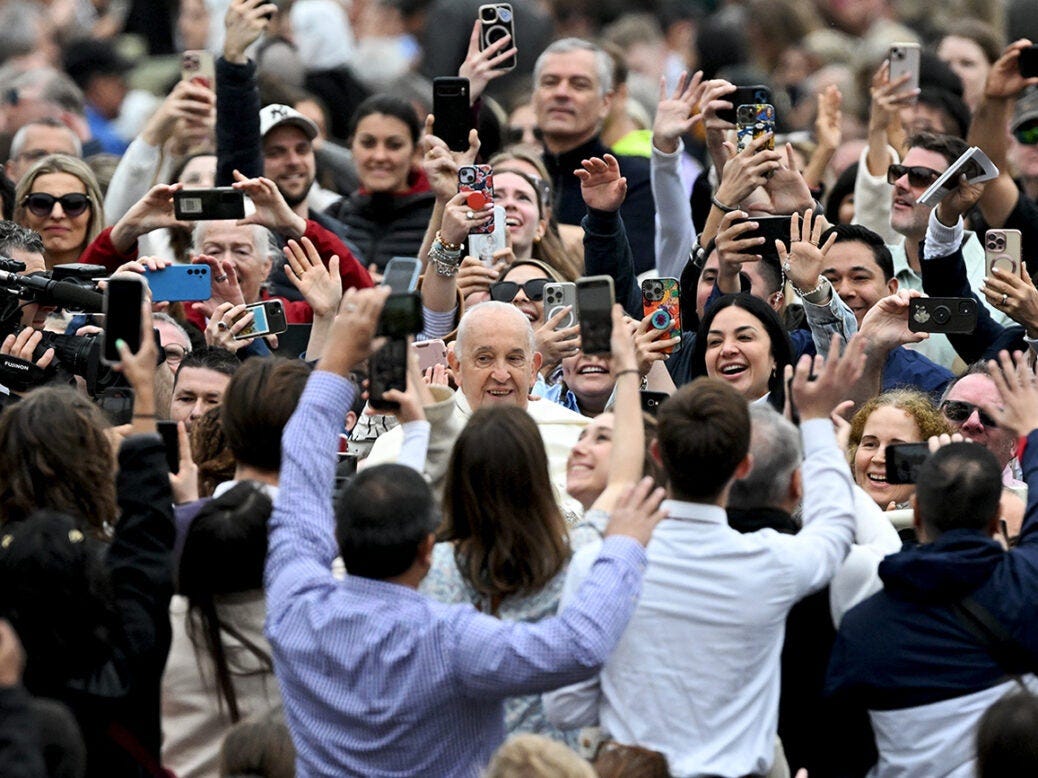
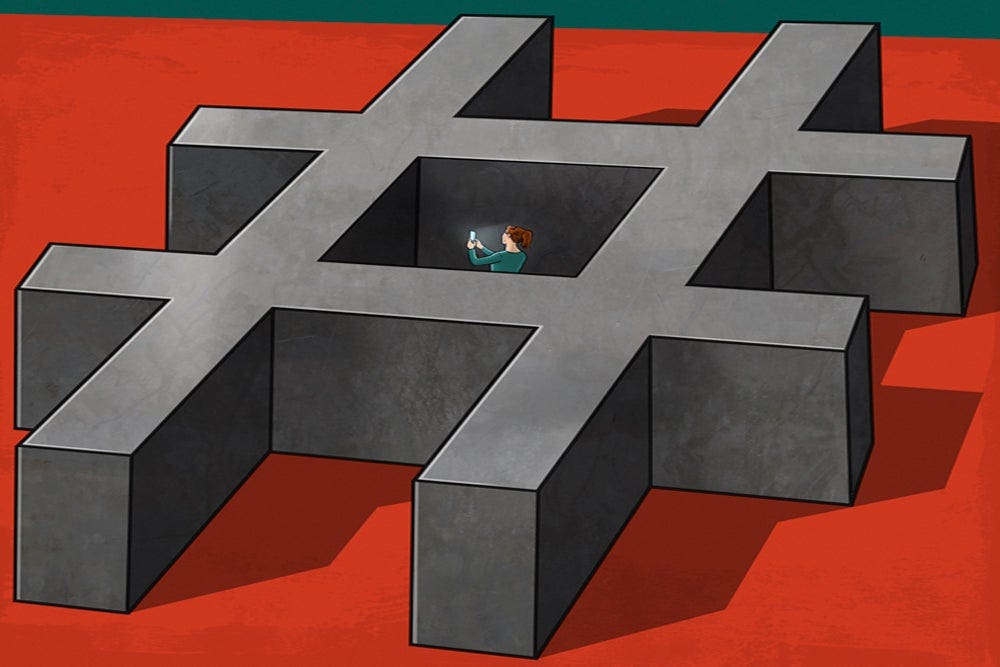
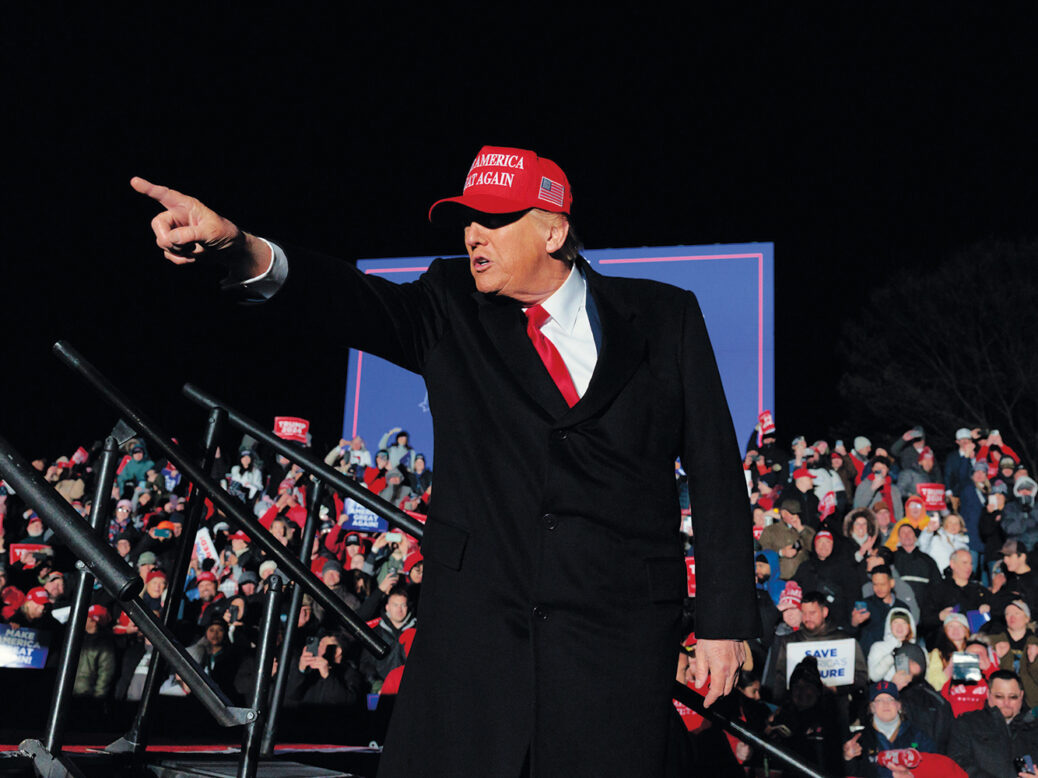
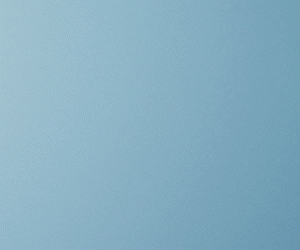
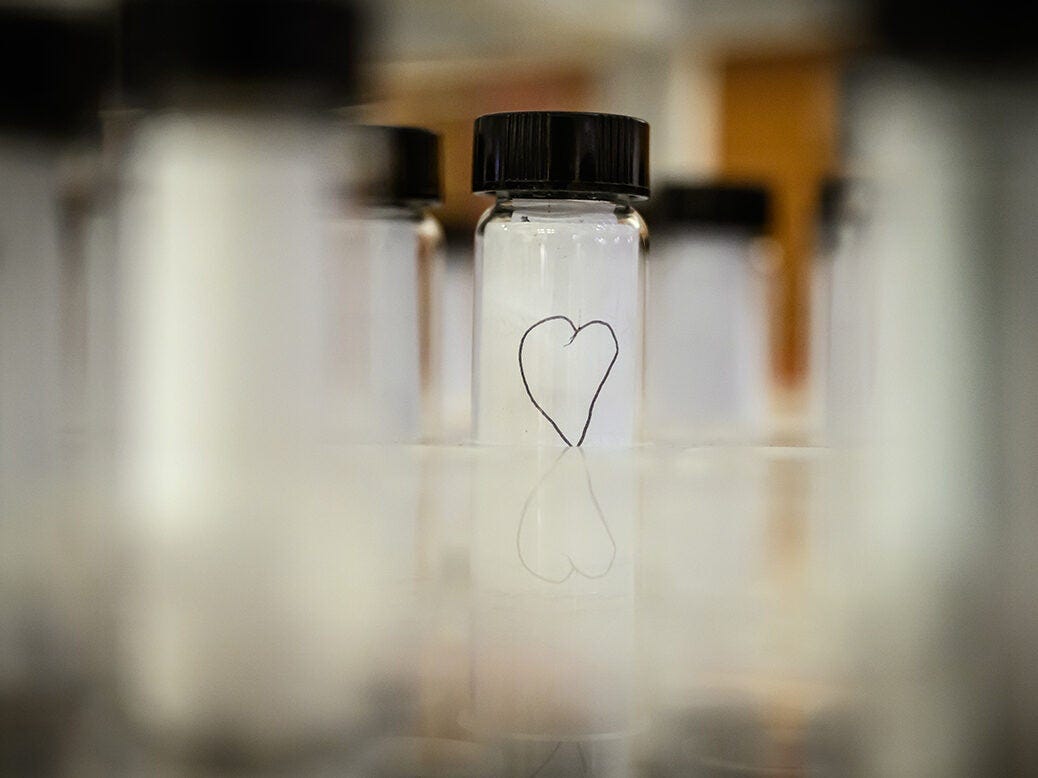

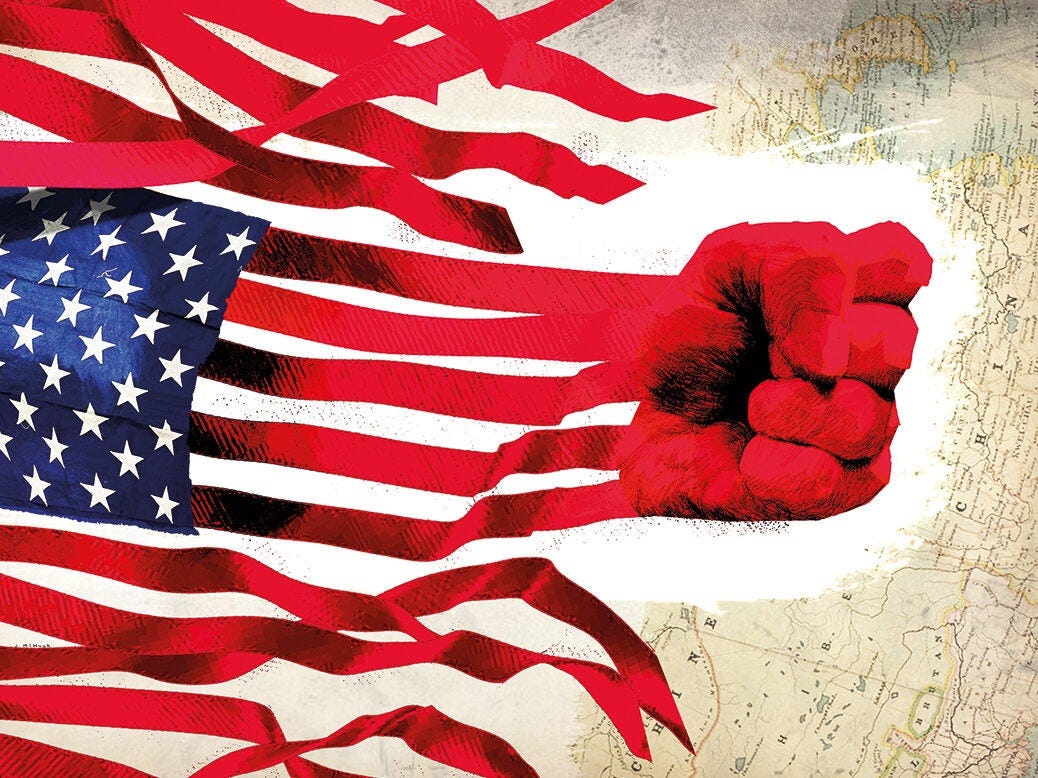
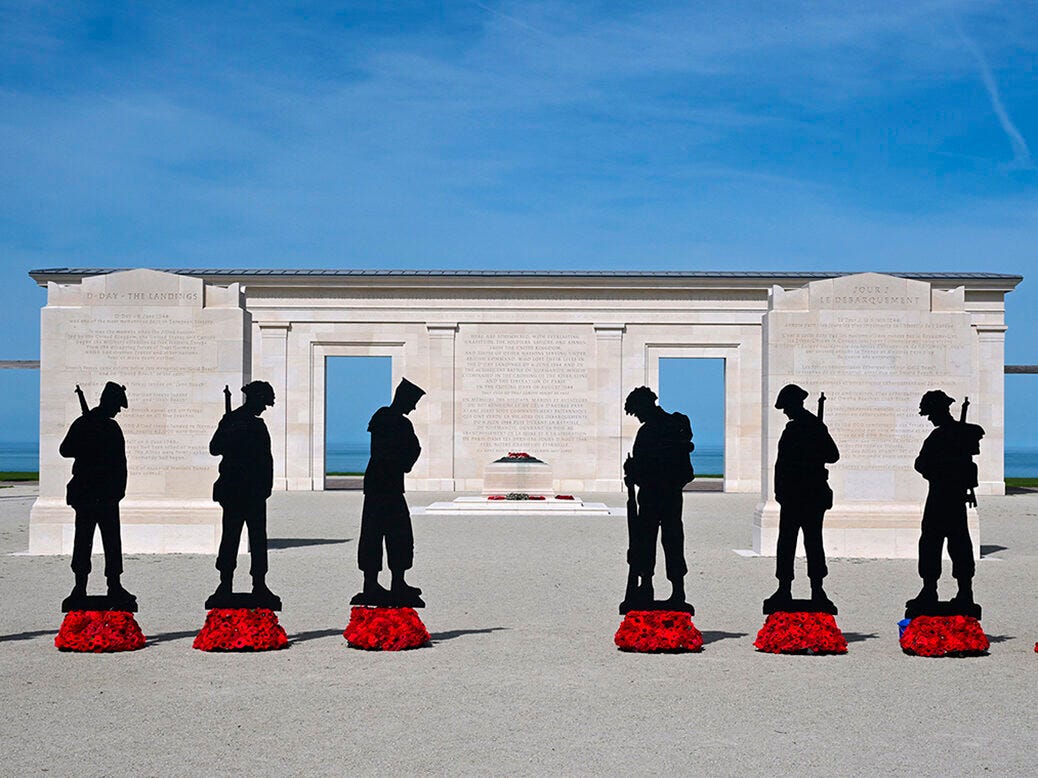

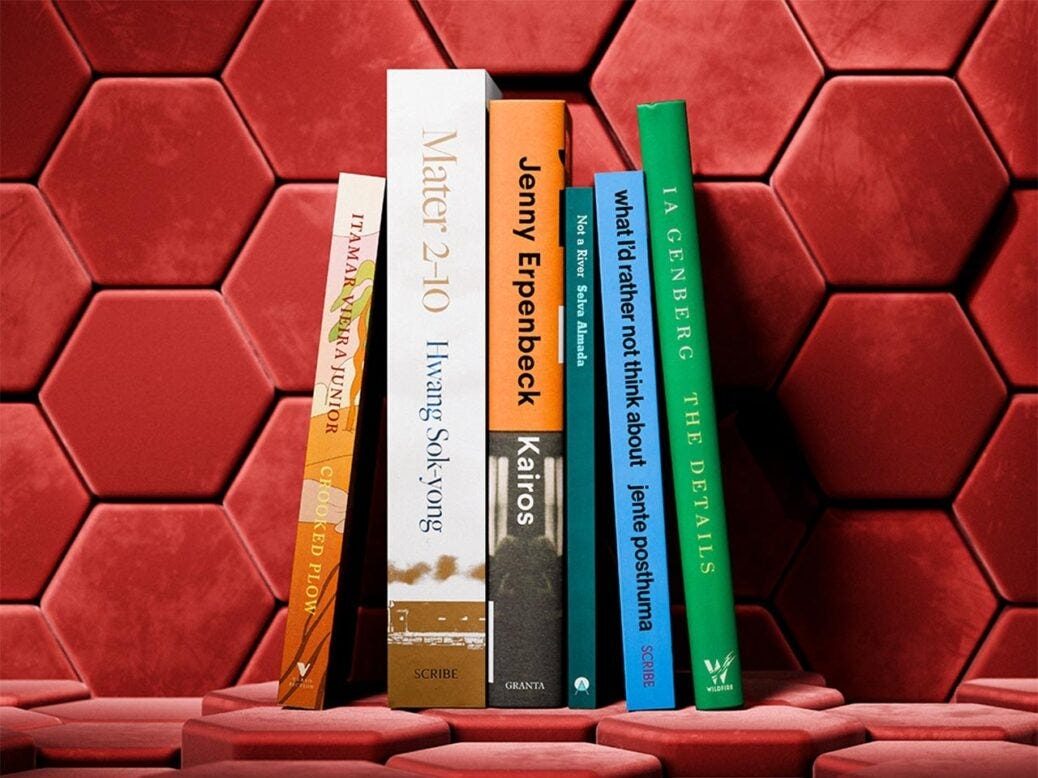
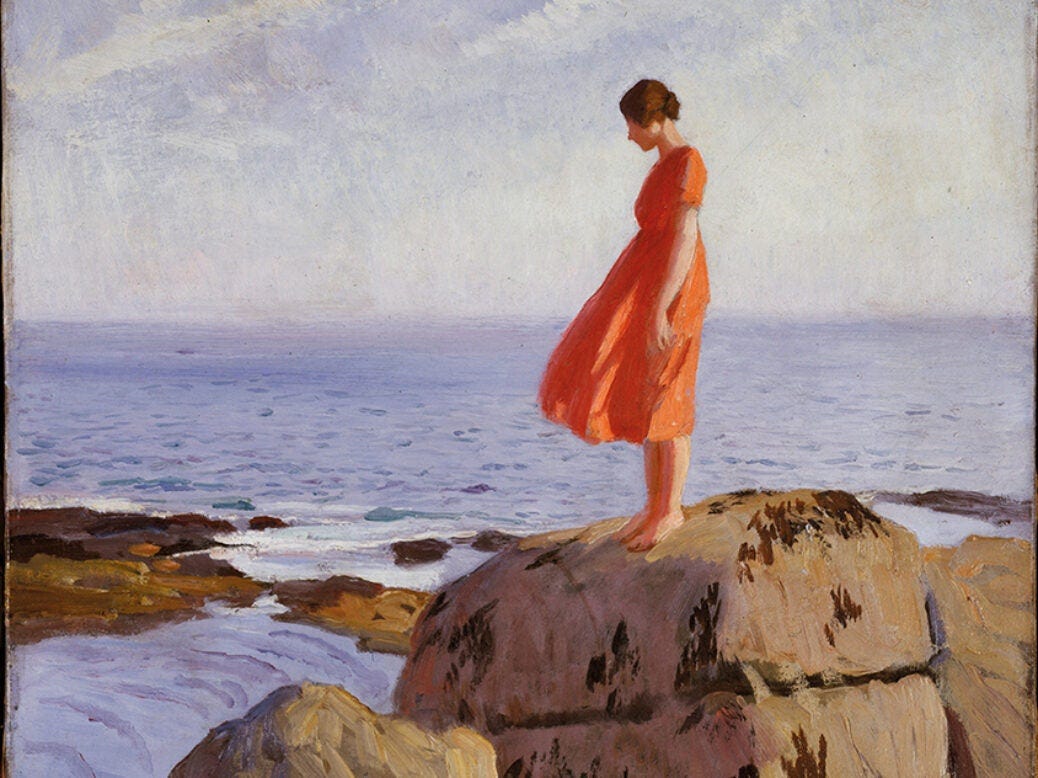

To become electable, to become acceptable to the right-wing media, the Labour Party under Starmer has ruthlessly expelled left-wing members, displaying contempt for democracy and honesty as they did so, and have made it clear that power is much more important to them than principles. Their adherence to a right wing, pro US and pro Zionist world view, with all the attendant cruelty and injustice, is a cause for despair.
Starmer is the Establishment plant into the Labour Party, they having realised that the Tories had become the Monster Raving Loony Party and we would change at the earliest opportunity and frightened by Jeremy Corbyn's near success at becoming the PM of a genuine Socialist government, they anointed Starmer to make the Labour Party a right wing Party and he has succeeded in that. Nothing will change if he is elected, the status quo will be maintained whilst the Tory Party regains it's senses and when the time is right, takes it's position in Westminster as the status quo Party, and so the duopoly is maintained, whilst giving the sheeple the illusion of living in a democracy. Our only chance now is that we vote for the Green Party (my choice) or Independents, or any body else except reform and actually force a broad coalition in government who will hopefully get rid of our FPTP voting system and all the restrictions on our freedom that have been enacted in the years since the bitch Thatcher and a return to publicly owned utilities, proper tax laws to stop evasion, and a return to the idea that we are collectively responsible for the wellbeing of the whole population.